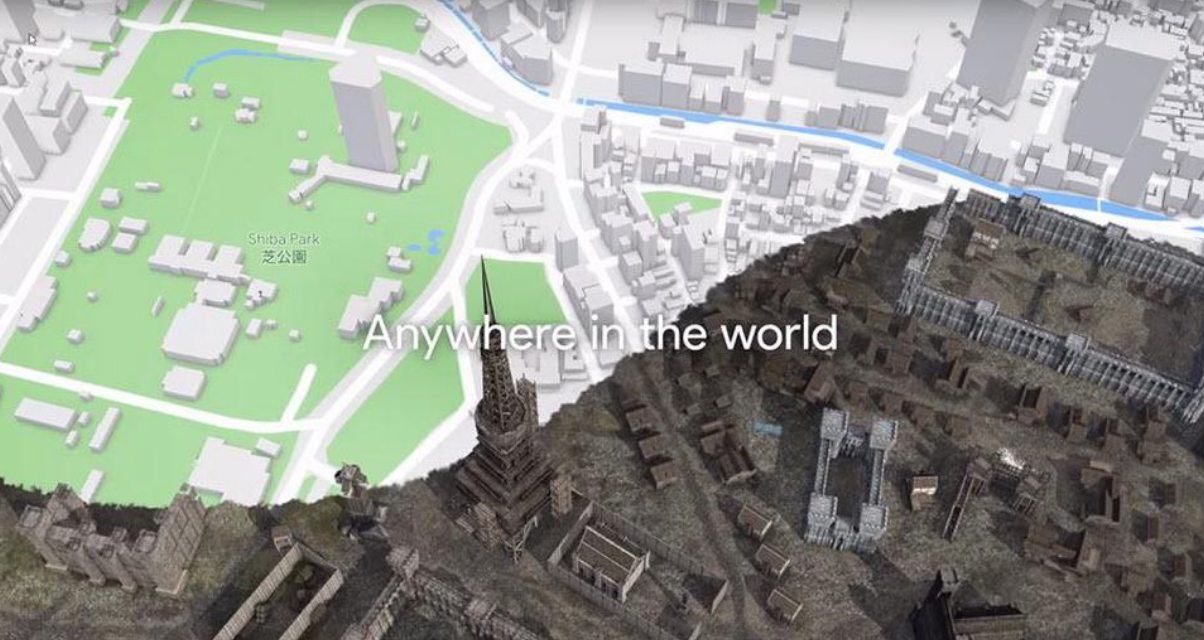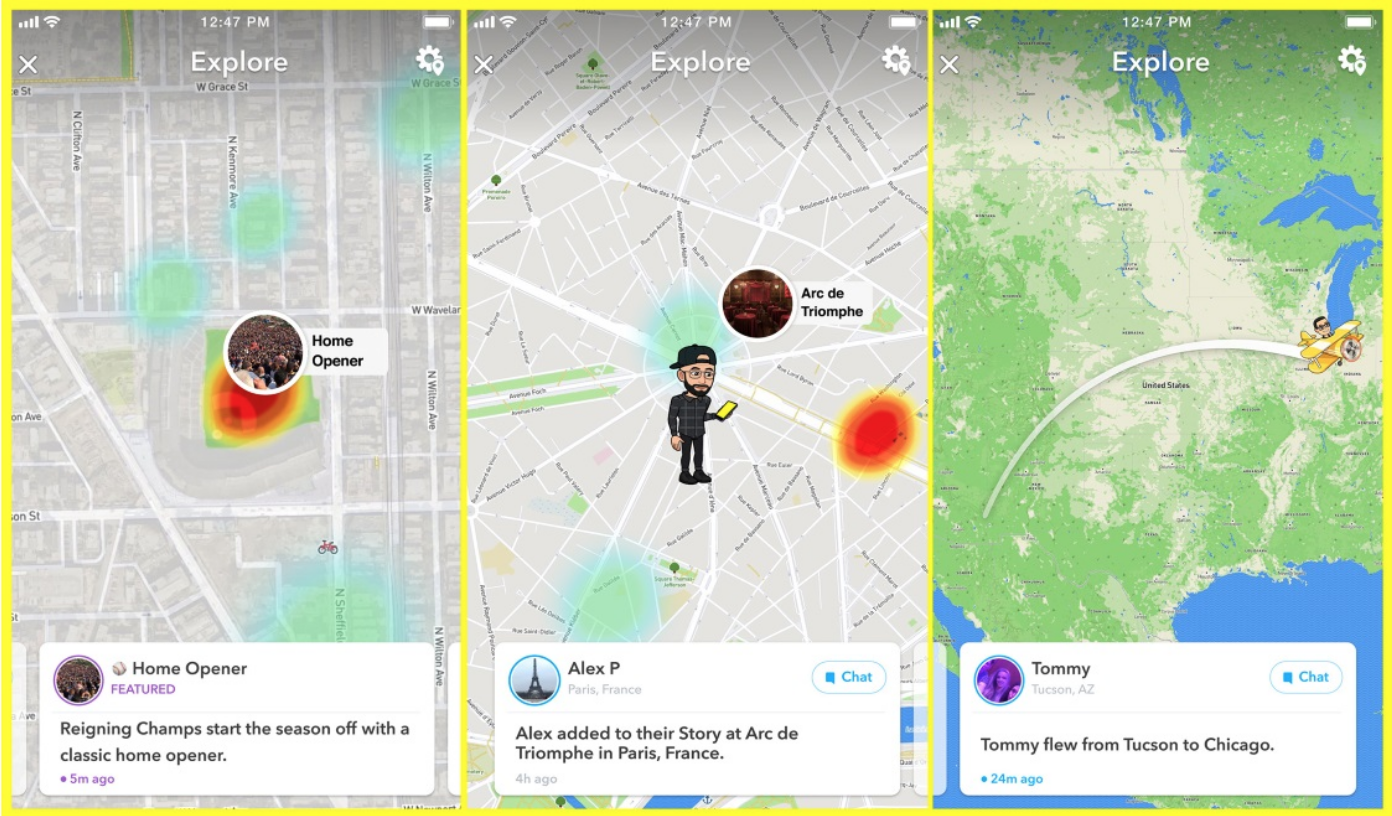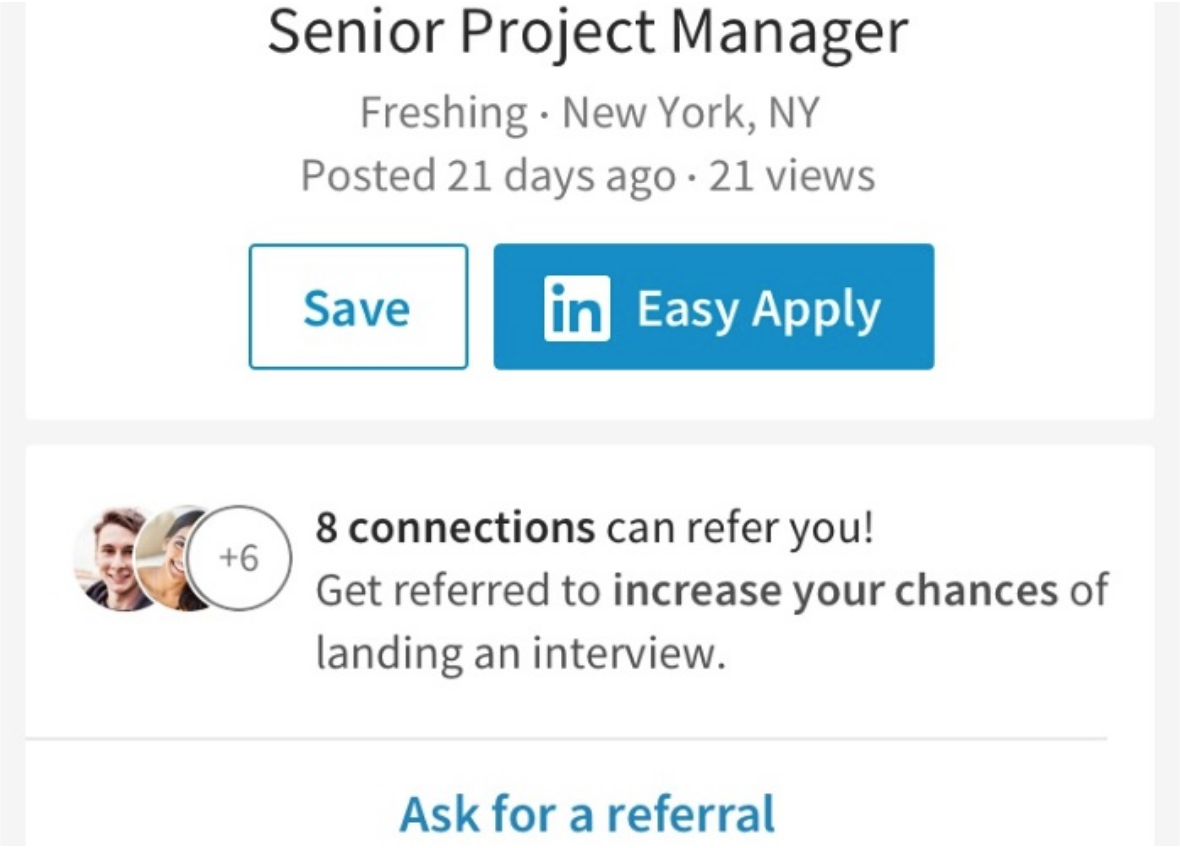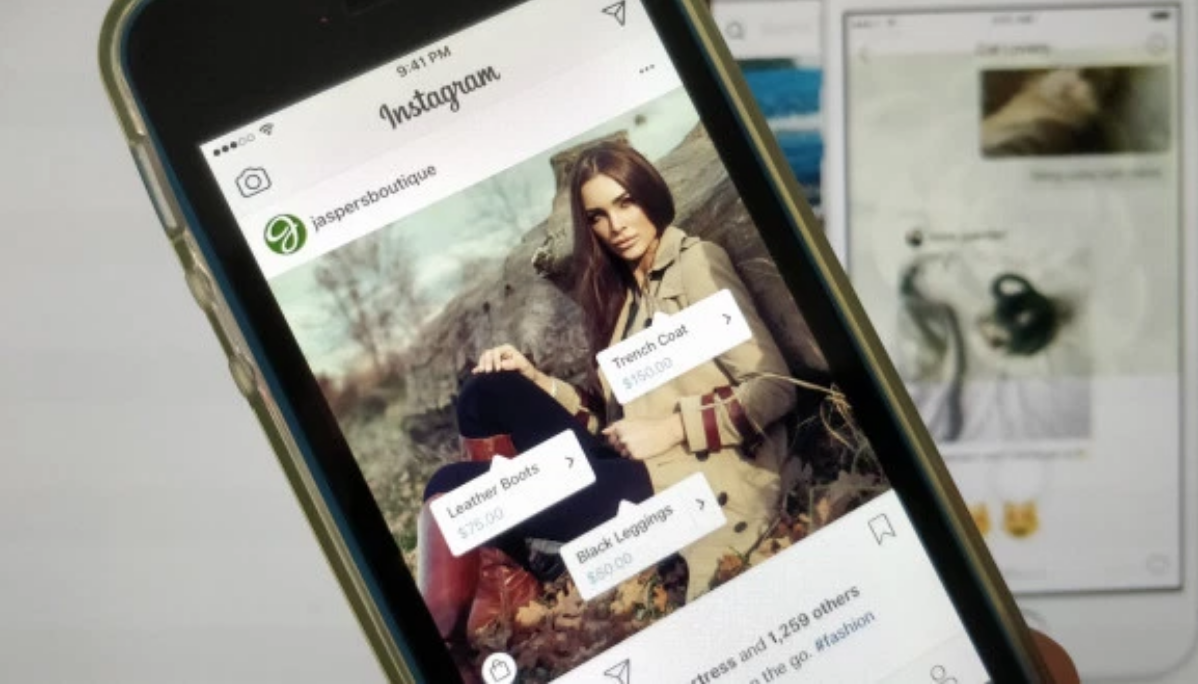The Week in Social: Google Maps gaming, Musk removes FB pages, and LinkedIn Referrals
Google turns Maps into a new gaming platform
Google has jumped on the augmented reality bandwagon by allowing web developers to build games on Google Maps, further blurring the lines between fantasy and reality. Using the game engine, Unity, Google has turned Maps features like streets, buildings, and parks into game objects, granting developers permission to rescale and reskin cities and towns all over the world. Through this move, Google could not only impact the future of gaming software, but also how people physically play their games, pulling vitamin-d deficient people all over the globe out of their basements and back into the open air.

Read more at Forbes
Instagram tests “New Posts” button amidst algorithm backlash
Instagram has begun testing a “New Posts” button, which gives users the ability to refresh their feeds on their own time, instead of having the feed refresh automatically. The company chose to make this change after receiving a large volume of complaints from users about being unexpectedly bumped to the tops of their feeds. In addition to the new button, they also announced they’ll be tweaking the algorithm to bring newer posts closer to the top, saying, “With these changes, your feed will feel fresher, and you won’t miss the moments you care about. So, if your best friend shares a selfie from her vacation in Australia, it will be there waiting for you when you wake up.”

Read more at Time
YouTube Plans to Boost Paid Subscriptions
YouTube plans to increase ad frequency between music videos in hopes of driving more users to opt-into their paid subscription service. The strategy plans on targeting users who primarily use YouTube like a paid music service, in an effort to clap back against long-voiced criticism from record labels that the site causes significant harm to their artists’ bottom lines. This effort will likely lead to an increase in ad revenue (an estimated $10 billion last year), as well as, additional revenue from subscription sales.

Read more at The Verge
Easily Find friends with Snapchat’s Map Explore
Snapchat is adding a new “Map Explore” feature to Snap Map that will make it easier to find events and see friends’ updates. Map Explore will automatically alert users about friends’ travel and location updates whenever a friend opts to share their location, and will also display breaking news and event updates from around the globe. Only one status will be visible per user at any time, and will be viewable for up to 24hrs. Rollout is expected to take place over the next few weeks.

Read more at Adweek
Ask for a referral on LinkedIn
LinkedIn has introduced a new button that allows users to easily ask connections for referrals when submitting job applications on the platform. Inspiration for the button came after learning that 95% of “talent-acquisition leaders” cited referrals as integral to their process, and that those with referrals are 4x more likely to hear back from recruiters. The professional networking giant has also added a new search filter to its desktop experience that will only display job postings that are part of a user’s network.

Read more at Adweek
Instagram Shopping Arrives in 8 more countries
A year after Instagram Shopping rolled out in the U.S., the social network has announced that it will now be available in eight more countries: Australia, Brazil, Canada, France, Germany, Italy, Spain, and the U.K. User data collection has shown that more than 200 million grammers visit one or more business profiles a day, and by using this feature, brands can tag products in their posts giving users more detailed product descriptions and purchase information, which in the case of Tyme has lead to a 44% increase in the brand’s traffic.

Read more at VentureBeat
Elon Musk Removes Tesla, SpaceX, and Solar City Facebook Pages
Known for masterful PR stunts, bad boy CEO, Elon Musk, chose to remove Tesla, SpaceX, and Solar City from Facebook after being issued the #DeleteFacebook challenge on Twitter. Seemingly unaware that his companies even had a presence on the site, Musk was all to happy to accept the challenge, noting that the Tesla page “looks lame anyway.” While the move may be considered “anti-Facebook,” the brand has retained its Facebook-owned Instagram profiles…for now.

Read more at The Verge